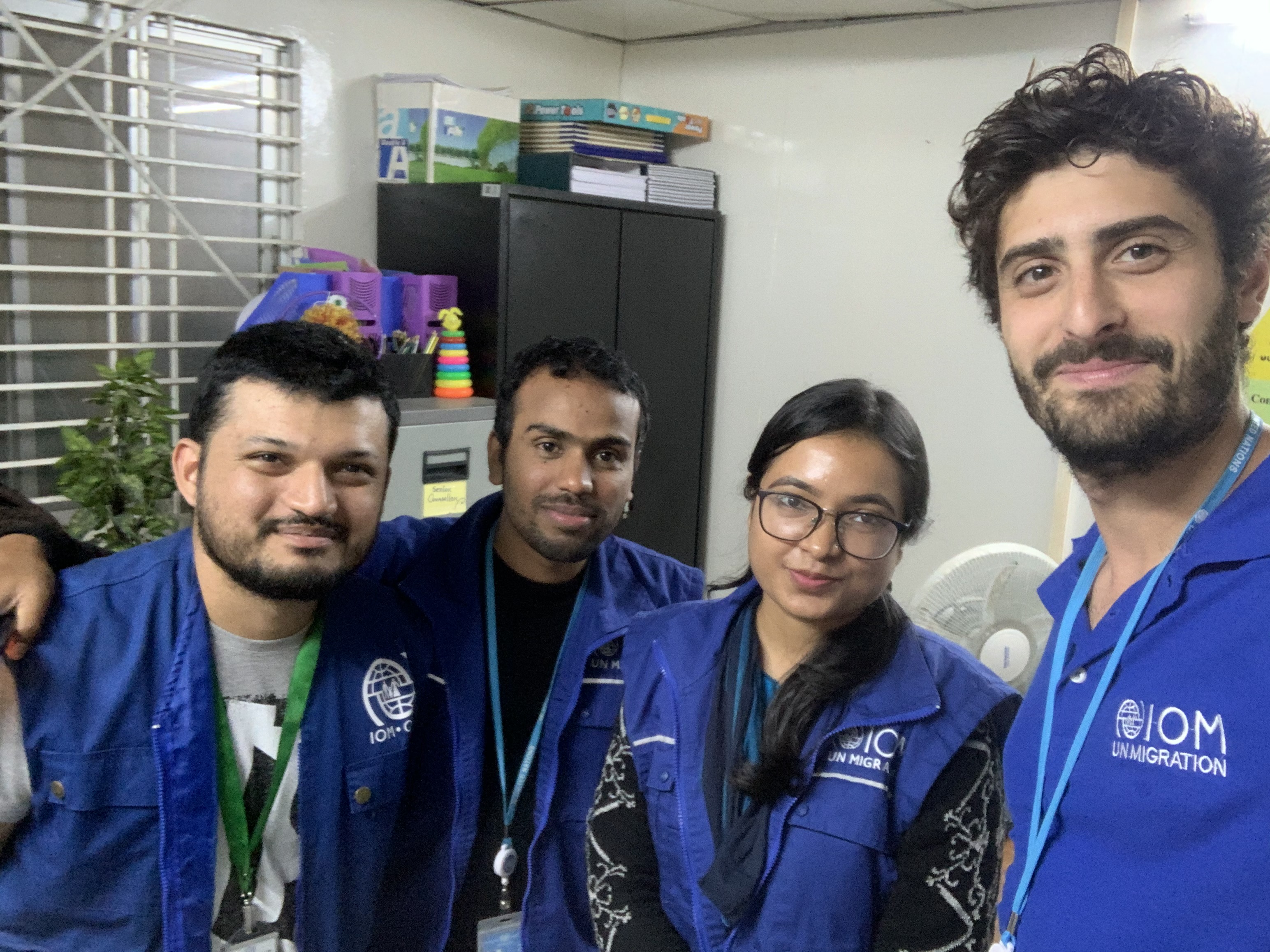The joy of movement: bringing the mental health benefits of exercise to the world’s most vulnerable
UNSW Medicine’s Scientia Associate Professor Simon Rosenbaum has studied the mental health benefits of sport and exercise for the past ten years. He’s achieved global recognition for his work showing the benefits of physical activity as part of treatment for people living with, or at risk of, poor mental health.


